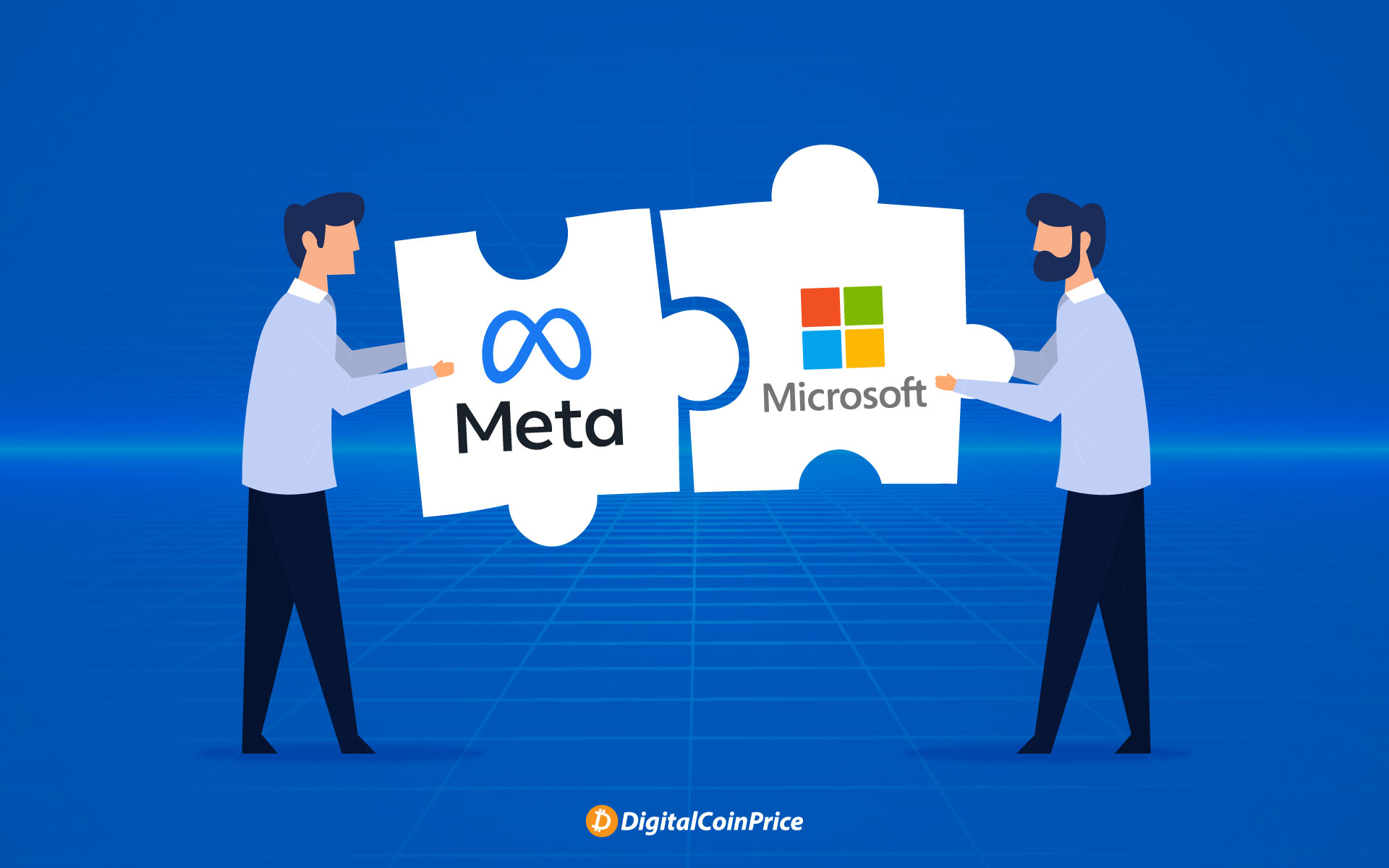According to Meta CEO Mark Zuckerberg, Meta’s upcoming Virtual Reality headset will be powered by Microsoft products.
With Microsoft Office 365, Meta Platforms has partnered with the technology giant to make virtual reality (VR) products available on its platform, aimed at incentivizing companies to work in virtual environments.
Read Also: In response to mass Twitter layoffs, Elon Musk faces a class-action lawsuit.
Meta’s “Quest” and “Quest Pro”
Satya Nadella said Microsoft’s Teams video calling app would integrate with Meta’s “Quest” and newly launched “Quest Pro” VR headsets to allow people to gather in a virtual boardroom during the company’s Connect 2022 keynote on Oct. 11.
Nadella added future functionality would include streaming a Windows Cloud computer to Meta’s headsets. This will enable familiar Microsoft productivity applications such as Word, Excel, PowerPoint, Outlook, and SharePoint.
Meta’s Quest and Quest Pro headsets will be compatible with Microsoft’s enterprise-level mobile device and identity management applications, Nadella said, enabling companies to manage and secure VR headsets as they would computers.
Read Also: FTX Tokens to be liquidated by Binance following ‘recent revelations.’
Additionally, the Quest Pro boasts “more intuitive” controller feedback and “real-time expression tracking,” which mimics the real-life behavior of the virtual avatar.
Nadella, referring to COVID-19 restrictions implemented because of the pandemic, said the pandemic has resulted in a “once-in-a-lifetime” opportunity.
We are bringing Microsoft Teams’ immersive meeting experience to Meta Quest to give users new ways to connect. Nadella said: “Now people can connect, share, and collaborate as if they were face-to-face.”
The Meta CEO Mark Zuckerberg added that as the amount of in-person work increases, everyone should feel as though they are present when they work.
Meta’s VR meeting space, Horizon Workrooms, will also be compatible with Microsoft Teams. “A virtual office of the future will be based on this cross-device experience,” said Zuckerberg.
The company has shifted heavily in recent years toward creating an “open, interoperable” metaverse since renaming itself Meta last year.
Read Also: Here is what Facebook has accomplished since becoming Meta a year ago.
So far, in 2022, Reality Labs has invested $5.7 billion in hardware and virtual world development, a cost of billions of dollars for the company.
Even though Zuckerberg acknowledged that the losses might persist for some time, he maintained that the company has a “massive opportunity” in its July Q2 earnings call.
